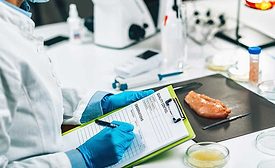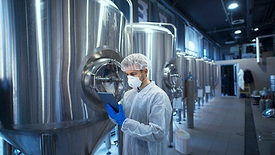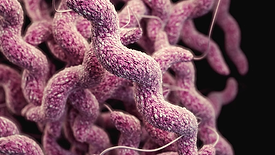Testing & Analysis
Food safety professionals continue to be focused on efforts to continually get better at their fundamental responsibility to produce safe food
Read More
Putting PFAS to the Test: Mitigating the Risks of PFAS Exposure and Litigation
By identifying which manufacturing steps have a higher likelihood of introducing PFAS into the product, manufacturers can focus their monitoring efforts on those weak areas
October 15, 2024
How to Improve Salmonella Controls to Create an Effective Cronobacter Control Strategy
Salmonella control strategies are foundational to maintaining safe food manufacturing environments, but those programs must be taken to the next level to ensure that powders are free from Cronobacter
October 14, 2024
Never miss the latest news and trends driving the food safety industry
eNewsletter | Website | eMagazine
JOIN TODAY!Copyright ©2024. All Rights Reserved BNP Media.
Design, CMS, Hosting & Web Development :: ePublishing









